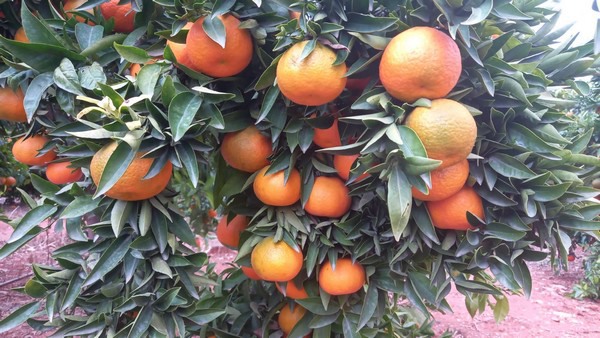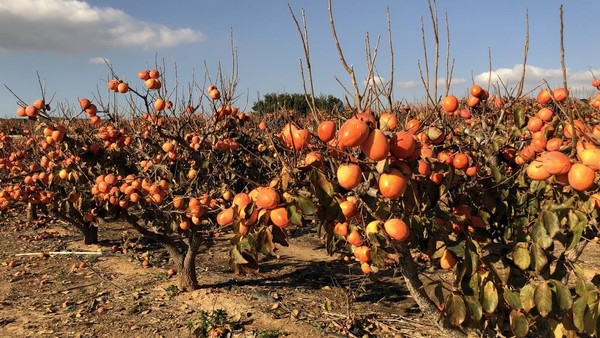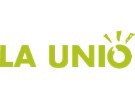According to a study prepared by La Unió de Llauradors based on the latest Area Survey carried out by the Ministry of Agriculture, the producers of the Valencian Community stopped cultivating a total of 2,056 hectares of mandarins and 888 of kaki throughout 2021.

The study also highlights that the surface of the commercial almond tree varieties decreased by 523 hectares, while the area devoted to apricot trees fell by 632 hectares and the area of peach or nectarine decreased by 111 hectares.
Meanwhile, the area devoted to growing lemons increased significantly by 1,200 hectares, the area of avocado grew by 714 hectares, the area of olive groves increased by 264 hectares, and that of vineyards (winemaking and table) grew by 166 hectares. The area for orange increased by 275 hectares and the area devoted to growing tigernut trees by 139 hectares.
"It's worth noting that part of the sharp drop in the mandarin acreage is due to the low prices farmers achieved for the earliest mandarins and clementines in recent seasons, in large part because of the competition from South African citrus, which increased its mandarin exports to the EU by more than 30% in 2021. A recent study by La Unió shows that South Africa increased shipments of small citrus fruits to European markets in September.
"South Africa exports some 64,000 tons throughout its entire export campaign. In the last two campaigns, however, they have exported an average of about 78,000 tons. They used to ship an average of 18,000 tons in September, but in the last two campaigns, that number increased to nearly 25,000 tons."
La Unió continues to demand that mandarins be introduced in the review of the Association Agreement between the EU and Southern Africa (South Africa) and that they pay an entry price tariff starting September, as it's been verified that they distort the commercial output of Spanish early clementines and mandarins at the beginning of the campaign.

La Unió also demanded the various Administrations pay more attention and that they be more sensitive towards kaki crops because of the meteorological and pest accidents that have affected this crop. In the meantime, they said, aid should be granted to keep the farms standing and to avoid the economic and environmental problems that the abandoned fields would create in producing areas. Farmers are affected by an exorbitant increase in production costs to curb pests, as authorized products do not have the desired efficiency and predators for biological control are too expensive. In addition, producers also have to deal with the rise in electricity rates, the increase in the price of fertilizers, containers, and packaging, among other inputs.
For more information:
La Unió
Tlf.: +34 963 530 036
launio@launio.org
www.launio.org
